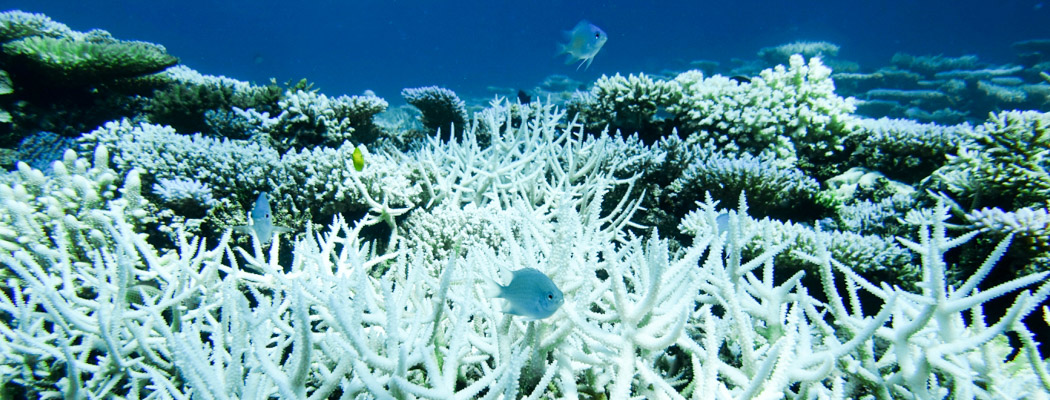Nestled among wet market vendors and dried seafood stalls in Hong Kong is Son Tung Lok, a restaurant with three Michelin Stars renowned for its “meticulously prepared” and “generously portioned” shark fin soup. It is no question that the practice of eating shark is a defining feature of Cantonese culinary culture. However with the global shift in ethical eating and the rise of nonprofits dedicated to protecting endangered species, shark fin soup has become the subject of much debate. Does the label of “tradition” excuse dated, unethical practices? Under what circumstances can tradition be criticized? Do centuries of history exclude shark fin soup from criticism? Controversy surrounding this regional delicacy has created global calls for the end of shark fin soup.
Originating in ancient China, shark fin soup is seen as a symbol of prosperity and regeneration; here it gained its rare, luxurious status when it was consumed by powerful emperors, beginning during the Ming dynasty around 600 years ago. According to Shelley Clarke, it was a cultural belief that “products from animals known to be strong or fierce, such as sharks … impart strength to those who ate them and thus were considered suitable for the imperial family”. As technology advanced, fishing sharks for their fins became more accessible, resulting in increased popularity of this unique dish. Before long, shark fin soup was commonly featured in the menus of big celebrations like banquets and weddings–especially in Hong Kong, Taiwan, and other parts of Southeast Asia.
While consumed by the wealthy, obtaining the meat required for this dish is anything but luxurious. Fishermen catch these large fish (typically blue sharks), cut off their fins, and discard their mutilated bodies back into the ocean in order to save space on the boat for more valuable meat. According to Rebecca Regnery, deputy director of wildlife at Humane Society International, the cause of death of these sharks occurs when they bleed to death, suffocate without oxygen as they can’t swim, starve without the ability to hunt, or are eaten by other sharks. As a result of this, roughly 73 million sharks die from finning every year. The International Union for Conservation of Nature claims that one third of all shark and shark-like species are at risk of extinction. They continue to explain the necessity of sharks for the stability of an oceanic ecosystem, as sharks are high on the food chain and therefore affect everything underneath them; If any shark species were to go extinct, entire ecosystems would collapse.
As a reaction, many nations all around the world have begun to take action against finning. In 2000, the United States allegedly banned shark finning, however it wasn’t until Congress and President Biden passed the Shark Fin Sales Elimination Act in 2022 that the practice actually became illegal in the U.S.. This act officially withdrew the U.S. from the global trading of shark fin. Across the Atlantic in 2003, the European Union banned shark finning in EU waters; however without proper extension of this ban to unclaimed waters, fishermen still continued to fin. Subsequently, the European Union mandated that all fishing vessels must arrive on shore with undamaged sharks. While a less systemic deterrent, China has made efforts to prohibit the serving of Shark fin at official banquets in hopes of diminishing the soup’s cultural significance.
Given the lengths in which fishermen and consumers go to acquire shark fin meat, one would hope it is at least unique in flavor. However, quite the opposite is true: shark fin lacks both nutritional value and flavor. The meat is instead used to add texture to the complex umami essence of the broth. Many argue that the shark fin is not needed in the dish at all.
While many in the Global North view finning as an issue constrained to East Asia, its effect on shark populations is not bounded by the South China Sea. The existence of sharks is crucial to the stability of entire ecosystems, yet their fins offer little value on a plate. As conscious consumers in a rapidly changing world, we must tailor our traditions and beliefs to preserve environmental stability…because ultimately the alternative destruction of this practice inflicts irrevocable harm on our planet .

![[Shark Fin Soup] by [Harmon] is licensed under [CC BY-ND 2.0]](https://flhsprospect.com/wp-content/uploads/2025/04/Screenshot-2025-04-24-8.24.37-AM.png)






